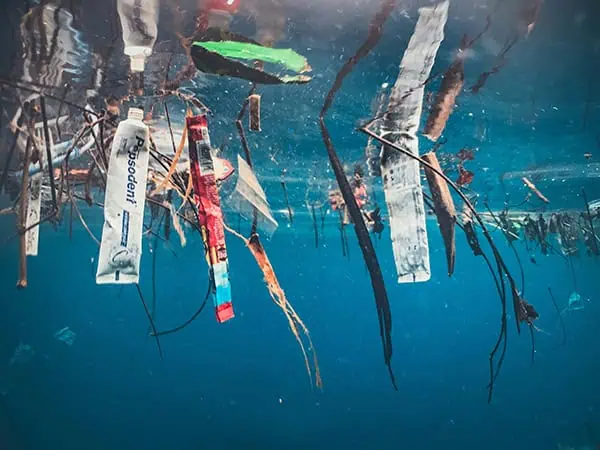By Hugh Tyrrell
WHICH country has the most shopping malls in the southern hemisphere? Dear old RSA. Yes, we are compliant, well-schooled consumers, trundling our trolleys down the aisles for our weekly shopping.
The aftermath of this is a mass of trash heading for the landfill. Or being left to litter our land and seas with increasing harm to humans and non-humans alike.
You may believe the mass consumer society we’re living in was a natural progression of our current civilisation. Not so. It was first punted as economic policy by the American government’s advisors after World War 2. Thousands of soldiers were returning home and looking for work. Factories that were highly efficient at manufacturing planes, tanks and ships were standing empty.
“This country needs more fridges, washing machines, and cars. Consuming is a patriotic duty” was the refrain. Post-war prosperity boomed and the era of mass consumption soon followed. This policy (and its products) were exported around the world.
Quality of life for millions has certainly improved. However the consequences of this tidal wave of consumption, driven by the new disciplines of marketing and advertising, was severe. So successful was this splurge of consumerism that it eventually spilled over until its waste became a worldwide problem.
Municipalities have borne the brunt of responsibility for managing waste. It had been seen as a job for transport and logistics engineers and landfill managers. Status and budgets were low and money was needed elsewhere for more urgent services like energy and water. As the population grew, so did waste.
Then in 2005, a lone yachtswoman single-handedly circled the globe. On her voyage, she witnessed widespread pollution, most of it plastic, littering the beautiful blue oceans. She came back with a passion to do something about it.
Her name was Ellen MacArthur (now Dame Ellen). The foundation she established in her name popularised the Circular Economy concept worldwide. It advocates that our economy should be designed to recover, recycle, reuse and design out waste materials as much as possible. As nature shows us, nothing is to be ‘wasted’.
As the notion of waste was reframed, a shift began in planning and management to do things differently from the old take-make-waste approach, towards a circular route. In the process, this saves resources, water and carbon, and creates new business opportunities.
By now the circular economy approach is being used worldwide. It is supported at high levels in our country and continent. As the new Minister of Environment, Forestry and Fisheries said recently: “Africa must take the lead in developing sustainable alternatives, promoting recycling technologies, and integrating circular economy principles…we have the opportunity to redefine our economic model, not only for the benefit of our environment but also for the future prosperity of our people.”
In this column over the coming months, I’ll be investigating benefits and barriers, and talking to experts and practitioners to explore opportunities in the Circular Economy for Cape-based companies. Your comments and queries are welcome.
Hugh Tyrrell is an experienced communications and new business development consultant in the green and circular economy.
Mail him at hugh@greenedge.co.za
